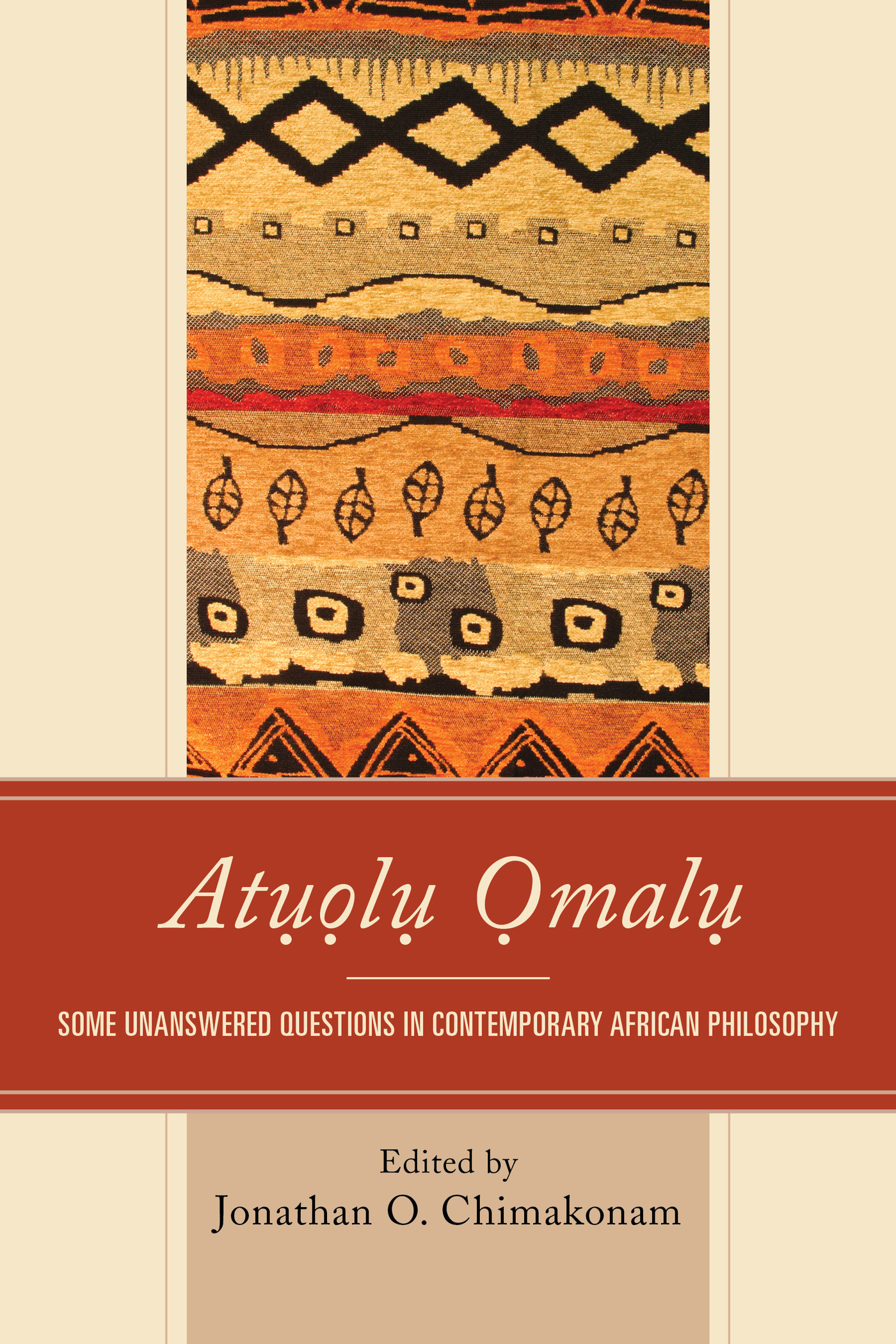Atl mal
Some Unanswered Questions
in Contemporary African Philosophy
Edited by
Jonathan O. Chimakonam
University Press of America, Inc.
Lanham Boulder New York Toronto Plymouth, UK
Copyright 2015 by University Press of America, Inc.
4501 Forbes Boulevard, Suite 200, Lanham, Maryland 20706
UPA Aquisitions Department (301) 459-3366
Unit A, Whitacre Mews, 26-34 Stannary Street,
London SE11 4AB, United Kingdom
All rights reserved
Printed in the United States of America
British Library Cataloguing in Publication Information Available
Library of Congress Control Number: 2014945976
ISBN: 978-0-7618-6454-7 (paperback : alk. paper)ISBN: 978-0-7618-6455-4 (electronic)
 TM The paper used in this publication meets the minimum requirements of American National Standard for Information Sciences Permanence of Paper for Printed Library Materials, ANSI/NISO Z39.48-1992.
TM The paper used in this publication meets the minimum requirements of American National Standard for Information Sciences Permanence of Paper for Printed Library Materials, ANSI/NISO Z39.48-1992.
To my four lovely Aunts, Benedeth, Imelda, Rita and Angela
whose bond of complementarity demonstrates the high-point
of African life-world.
Foreword
One of the greatest tragedies of being an African philosopher has always been the issue of being labeled ethnophilosopher by Western thinkers or their African cronies, as opposed to being seen as doing professional philosophy from the African purview. Throughout the recent history of African philosophy, many African philosophers who have attempted to write philosophy have ended up commenting on or merely celebrating the success story of Western philosophy. This, to say the least has projected African philosophers as mere commentators on Western thought. It is this colonial mentality that probably gave rise to the Universalist school in African philosophy which sees philosophy as being the same across cultures and with the same methods, a position which is quite scandalous and misleading given that Africa, just like Europe, America and Asia, all have different cultures that shape their philosophical traditions even though each is universalizable. This tug of war between the promoters and opponents of philosophical relativism which has had malignant effect in the recognition and affirmation of African philosophy as one of the traditions in the discipline could well be explained by Rortys designation of philosophy as cultural politicsone established tradition designating another as inferior. Yet, we know that African philosophical tradition like that of the West has universal applicability despite being different in approach as the brilliant Nigerian born logician Jonathan O. Chimakonam powerfully seeks to demonstrate in this edited collection entitled Atl mal : Some Unanswered Questions in Contemporary African Philosophy.
Having read some of the leading literature out there on African philosophy one is filled with great hope that African philosophers are beginning to truly celebrate the richness of African philosophy. However, as there are many edited collections presently in African philosophy there is also a strong Eurocentric influence on such works most of which are anthologies recycling mostly the same old papers. This brilliant effort by the editor is probably one of the few collections that are uninfluenced by Eurocentrism and yet free from the guilt of ethnocentrism. Indeed, it is my view that the future would come to recount the importance of this work in the history of modern African philosophy. I must applaud the editor and contributors for creating a new path for studies in African philosophy and thought. It is quite refreshing to note that we now have African philosophers who celebrate being African and are courageous enough to take the African philosophical agenda to the world.
The text of this edited collection is classical as it inaugurates a new era in the history of African Philosophy where contemporary African philosophers proffer answers to basic and hitherto ignored important questions trailing the emergence of African philosophy as a tradition. Nagging issues such as the periodization, logic, method, criteria, dating and basic questions of African philosophy among others which for not having been sorted out when they should generated conceptual and theoretic tensions that disfigured African philosophy as an academic amoeba, have been clearly addressed in this collection. Perhaps, of great interest is that most of the contributors that addressed these monstrous issues are contemporary African philosophers. As the editor notes in the preface and I quite agree, these contemporary philosophers having filled in on the wobbling thoughts of their predecessors and have full grasp of the challenges posed by the yawning weaknesses of some of such thoughts in this contemporary times, are in the best position to address those weaknesses and chart a new befitting course for African philosophy. And I think they rose to the challenge in amazing ways. Just when you think that African philosophy has been jinxed J. O. Chimakonam comes up with this maverick to break the strangle-hold of colonial mentality in African philosophy.
In articulating these questions the editor has gone beyond the debate and the traditional incendiary such as perverse dialogues that normally trail and characterize any discourse on African philosophy to look at what should properly characterize African philosophy. In setting aside the vicious circle of debate and perverse dialogue that ensnared renowned African philosophers to date the editor carefully, tactically, thoughtfully and beautifully inaugurates what he calls the conversational era in African philosophy which bespeak of rigorous, individual and universalizable engagements from the foreground of African life-world. This is a philosophical masterpiecewithout doubt, one that would remain a classic in African philosophy for a long time to comeI am having a feeling that the much sought after authentic African philosophy might just have begun with this book. In an era where the leading edited collections in African philosophy are mostly anthologies recycling the same old thoughts and ideas, J. O. Chimakonam has without doubt broken the ice in African philosophy. This book is a must read for all students and teachers of philosophy in African universities and beyond.
Professor Fainos Mangena
Department of Religious Studies, Classics and Philosophy,
University of Zimbabwe
Preface
The need to put this collection together sprang from many years of dedicated study of African philosophy. I discovered as time went by that many issues plague the discipline and account for its stunted growth especially since the debate era. No less important are the technical, methodic and future direction issues which were ignored at inception of systematic African philosophy in the 1920s. To tackle these issues I identified and structured some twenty-two questions under which they can be effectively addressed in order to give shape and direction to the discipline. However, in the course of this project, some questions have had to swallow others while some have been left out in this collection due to technical challenges. The ones that did make it finally came from carefully chosen contributors who are active in the vine yard of contemporary African philosophy.
Many first eleven African philosophers, especially those that wafted great intellectual energy during the debate are now either retiring or have been demoralized by the post-debate disillusionments. So we tried to avoid taking contributions from them for two reasons: (a) we felt a surge of new energy and ideas which fresh scholars can provide are more important in the renaissance African philosophy (b) and we wanted to avoid by all means the recycling of familiar names and ideas. The presence of Olusegun Oladipos (a relatively old name in African philosophy) paper was exceptional precisely for two reasons: (a) it contained thoughts he espoused in the later part of his life which resonates quite well with our idea of renaissance African philosophy (b) and the essay has had very little publicity. On the whole, our goal is to supply fresh ideas and fresh scholars whilst elevating the standard of discourse in African philosophy to an excitingly new level.

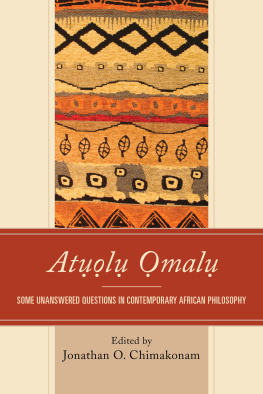

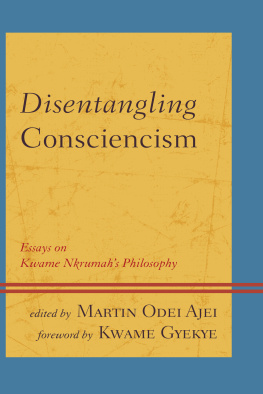
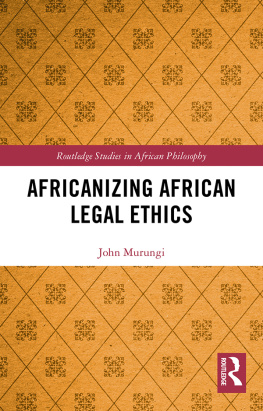
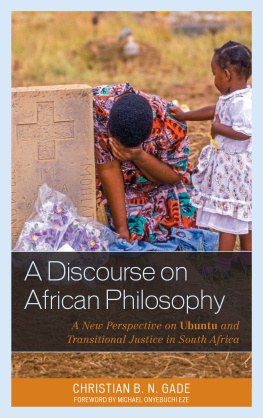
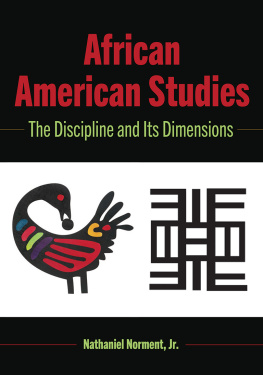
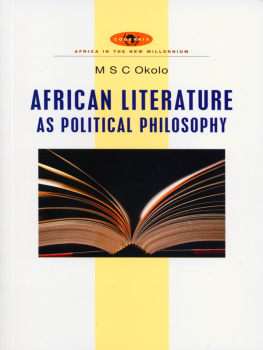
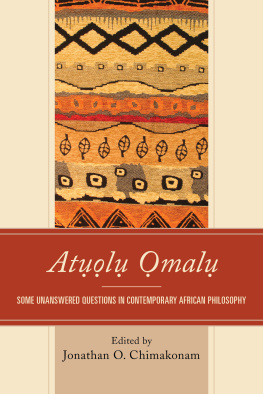
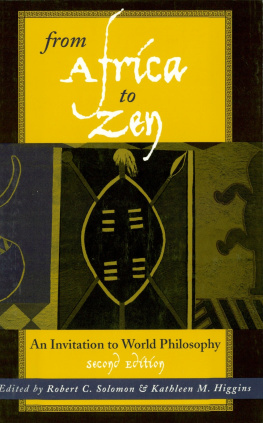
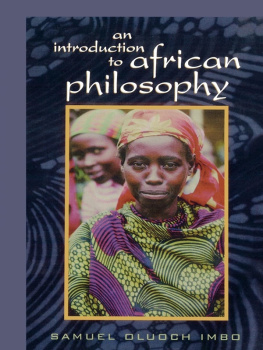
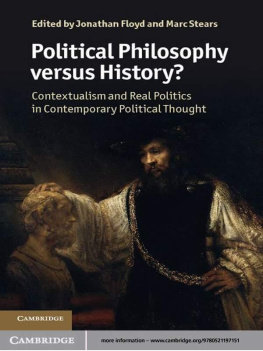
 TM The paper used in this publication meets the minimum requirements of American National Standard for Information Sciences Permanence of Paper for Printed Library Materials, ANSI/NISO Z39.48-1992.
TM The paper used in this publication meets the minimum requirements of American National Standard for Information Sciences Permanence of Paper for Printed Library Materials, ANSI/NISO Z39.48-1992.